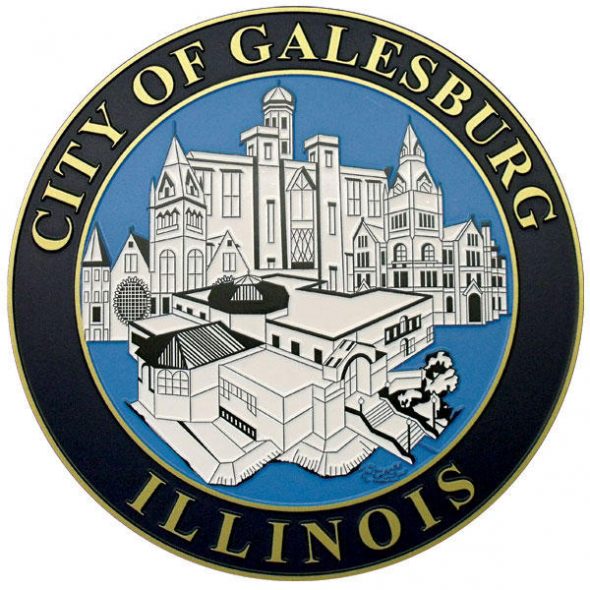**image courtesy of The Center Square
In the wake of an alert warning of possible rolling blackouts this summer, some Illinois lawmakers want to revise the state’s energy policies.
Midcontinent Independent System Operator is warning Illinoisans of possible blackouts and rising energy prices that could cost families as much as $600 more a year.
The announcement was just an advisory and was not the elevated “warning” or “event” stage, but they said the next advisories could require electric utilities to request energy conservation or possible rolling blackouts and power outages.
State Rep. Adam Niemerg, R-Teutopolis, said rolling blackouts should not be the norm in this country and something should be done to ensure there will be abundant energy available for Illinoisans.
“We need to be back in Springfield. We need to repeal the Green New Deal, we need to bring Ameren to the table,” said Niemerg, “and actually have a productive energy policy moving forward.”
Gov. J.B. Pritzker has said he doesn’t expect blackouts, adding that power can be bought from other states.
JC Kibbey, Illinois Clean Energy Advocate for the National Resources Defense Council, said regulatory barriers and outdated thinking by some utilities has led to missed opportunities in Illinois to expand affordable clean energy resources.
“The goal here is addressing some of the pain that consumers are feeling and the way to do that is with the most affordable energy resources that we have which are wind, solar, and energy efficiency,” said Kibbey.
During a Public Utilities Committee hearing last month, State Rep. Charles Medier, R-Okawville, said an interruption of electrical services could be deadly to some.
“What scares me are the words brownout and blackout as some who took care of a parent for many years on hospice, and the machines I had running in the house,” said Meier.
By 2027, seven fossil fuels plants across Illinois will close, five of them owned by Texas-based Vistra.
According to company officials, Vistra is planning to develop six combined solar and battery storage facilities by 2025, raising questions on how to fill the energy gap until then.
Southern Illinois is among the most vulnerable places in the country heading into the summer, according to a forecast published by the North American Electric Reliability Corp., a regulatory authority that monitors risks to the power grid.
The area, along with large parts of Michigan and Wisconsin and other states linked to the regional grid, has been put on notice that it is facing a “high risk of energy emergencies during peak summer conditions.”
***Report Courtesy of the Illinois Radio Network***















